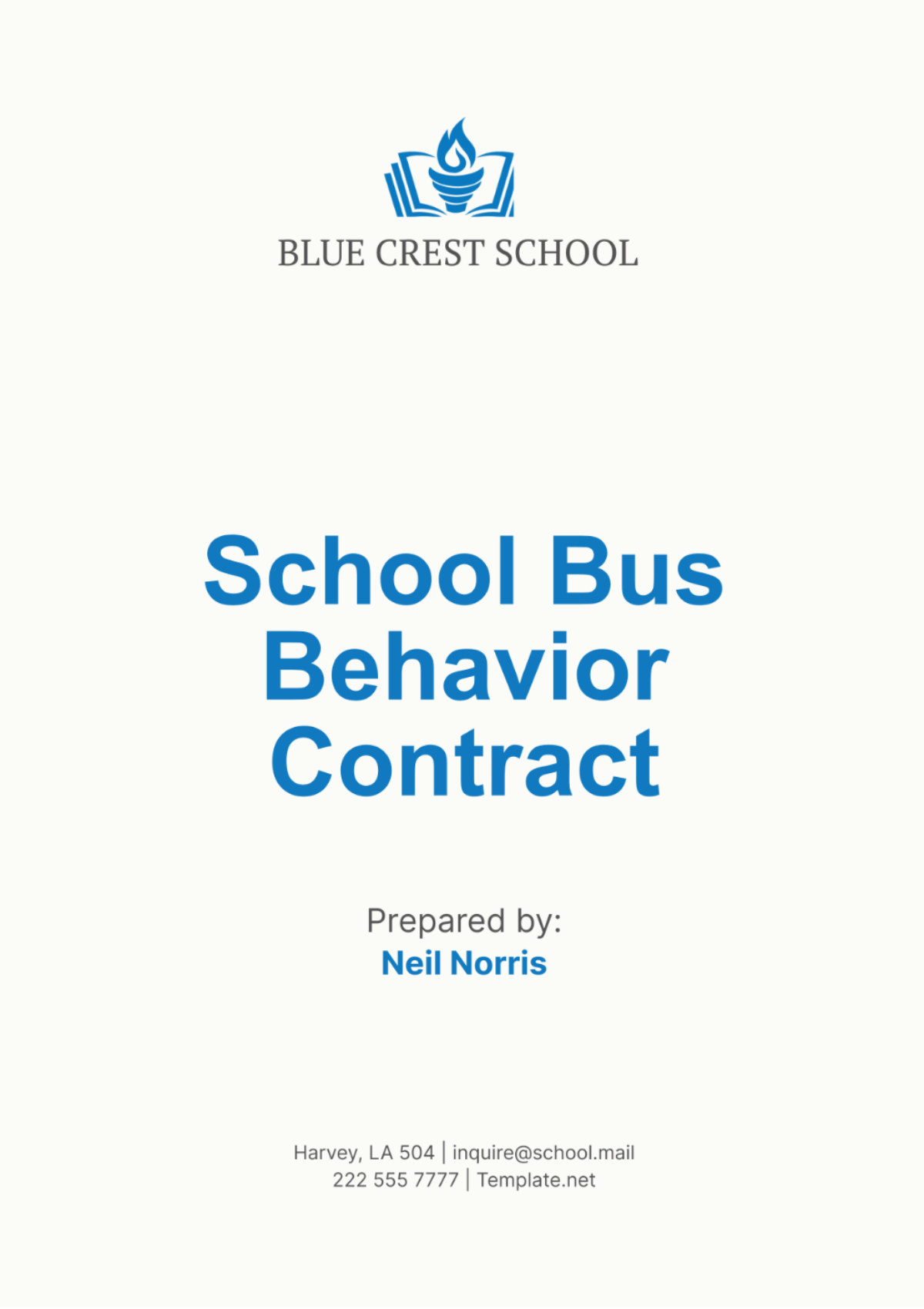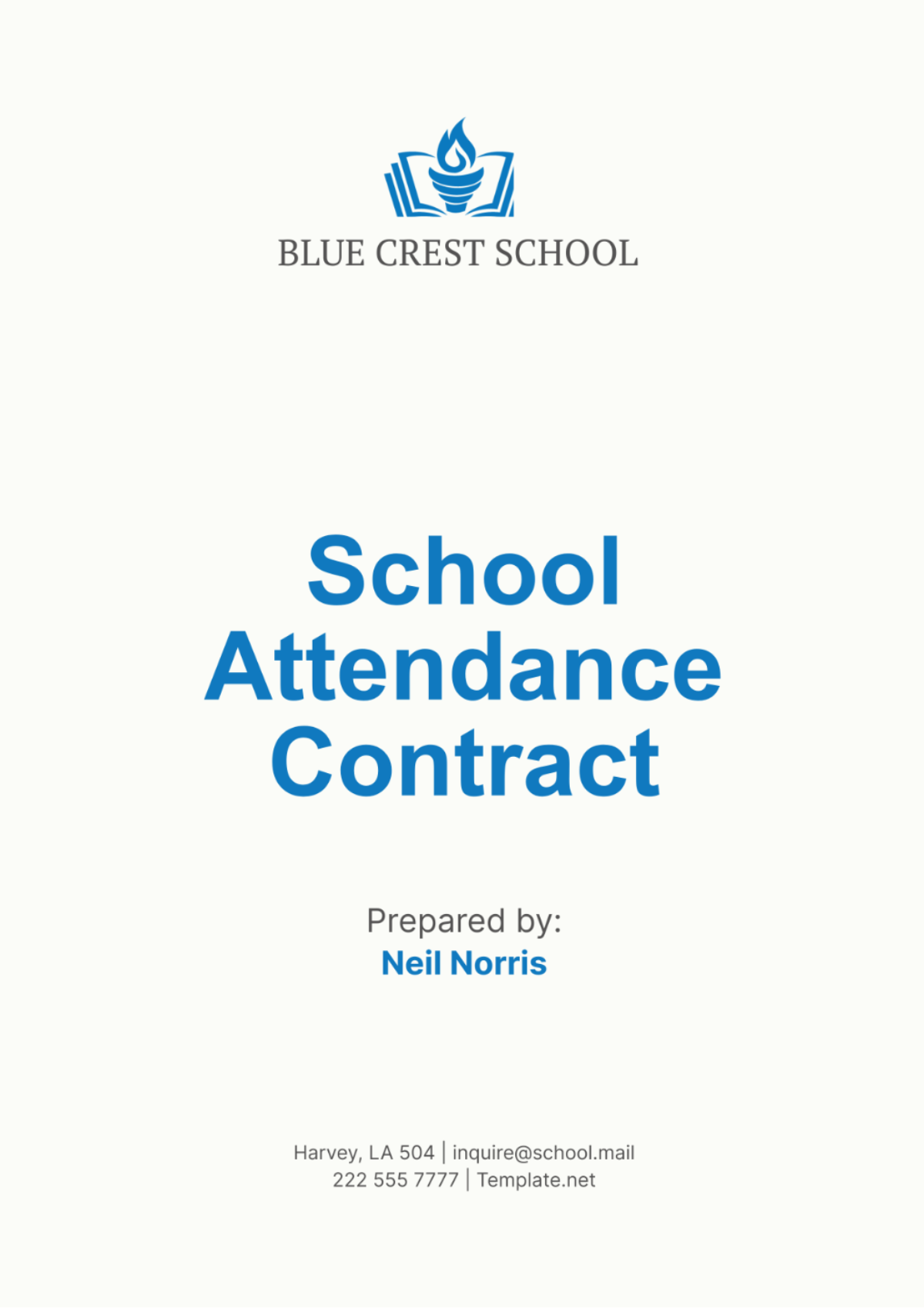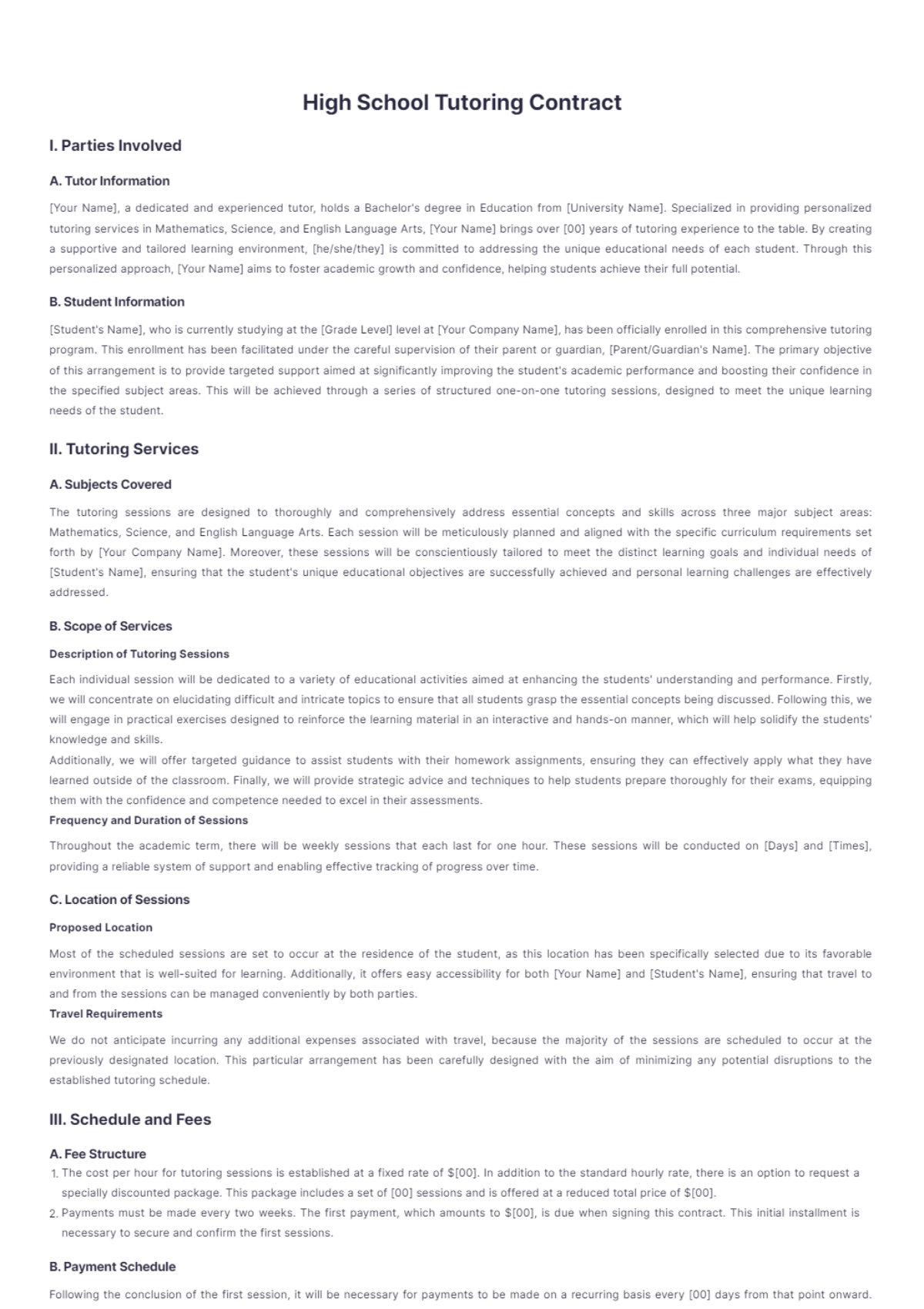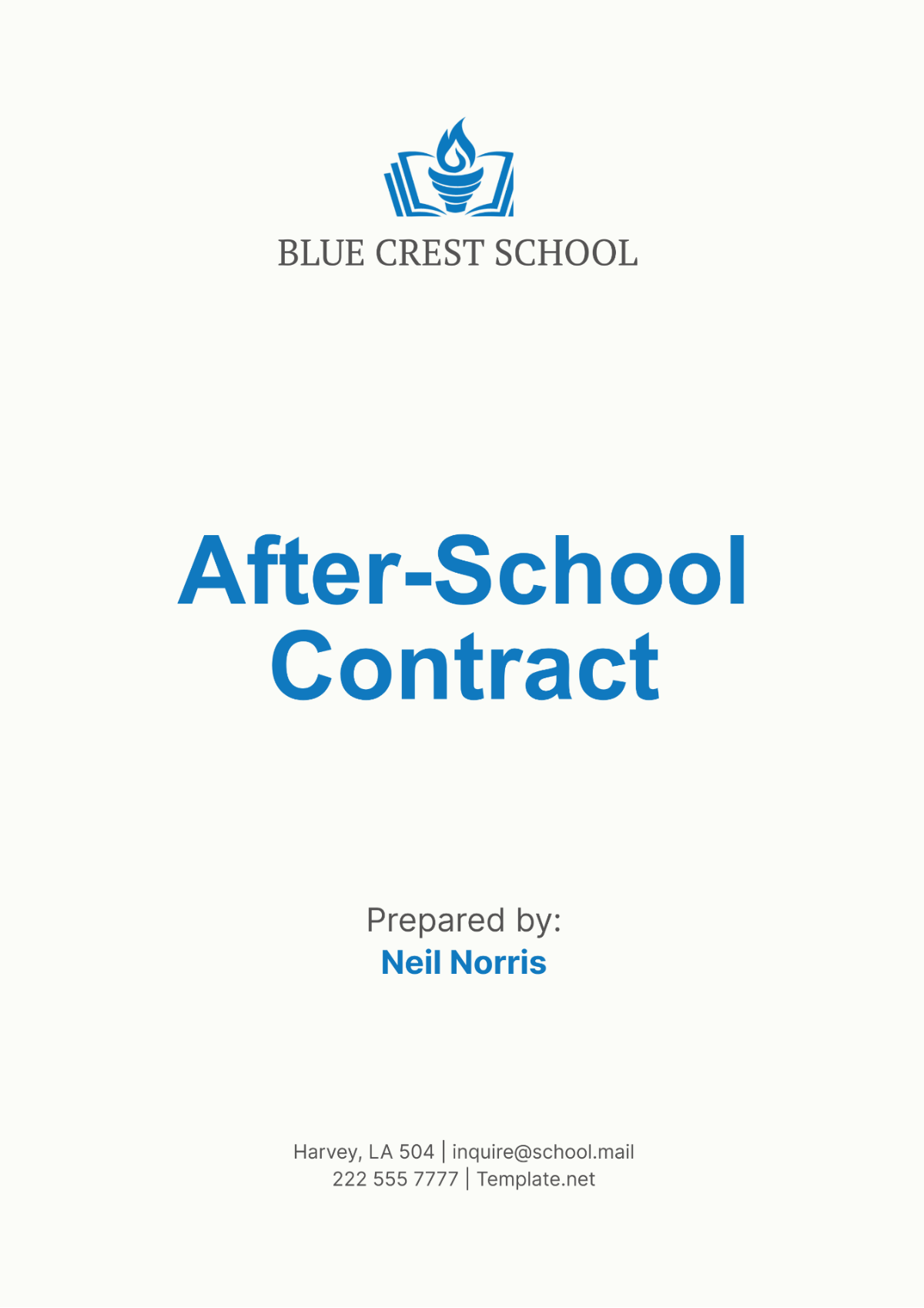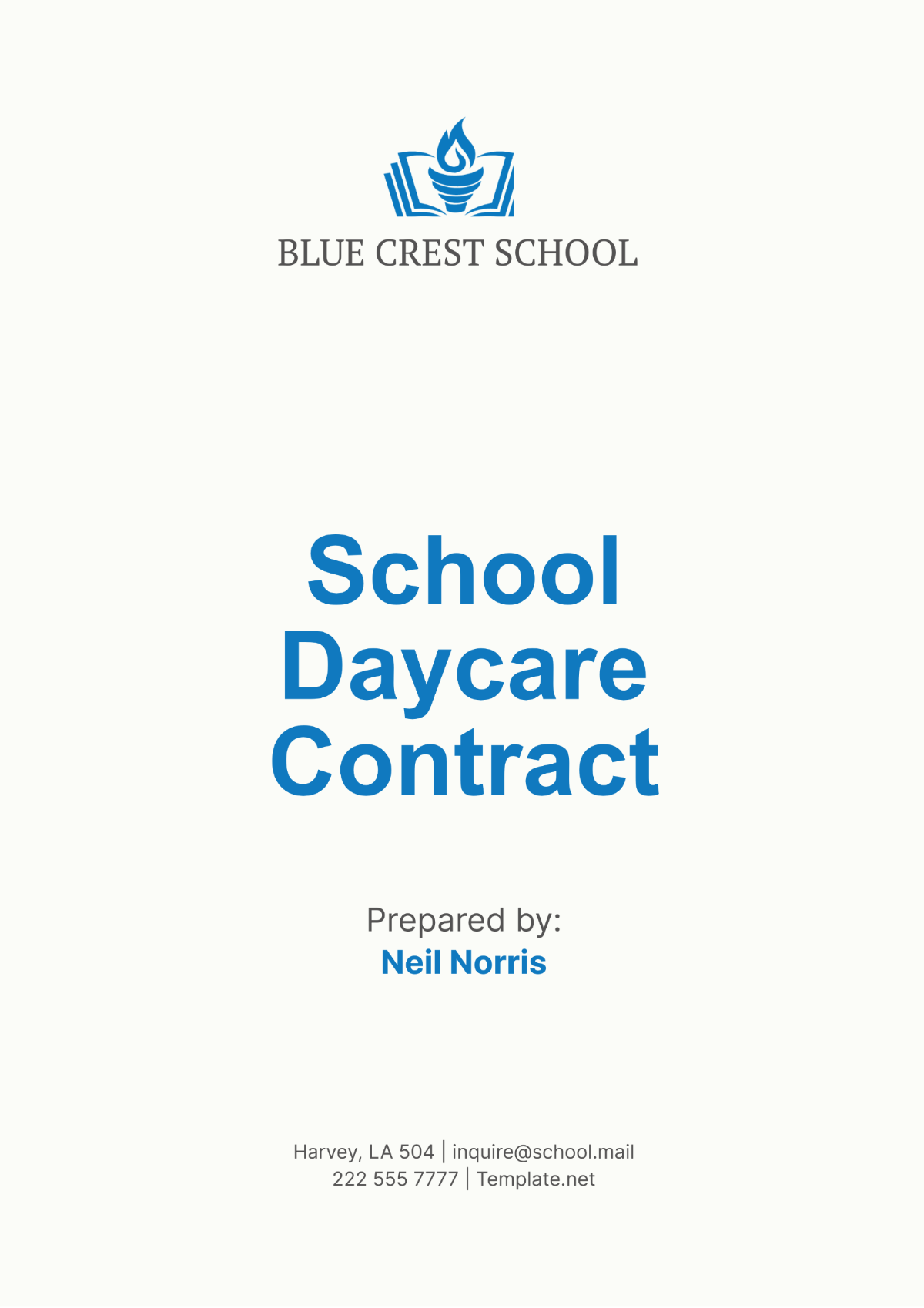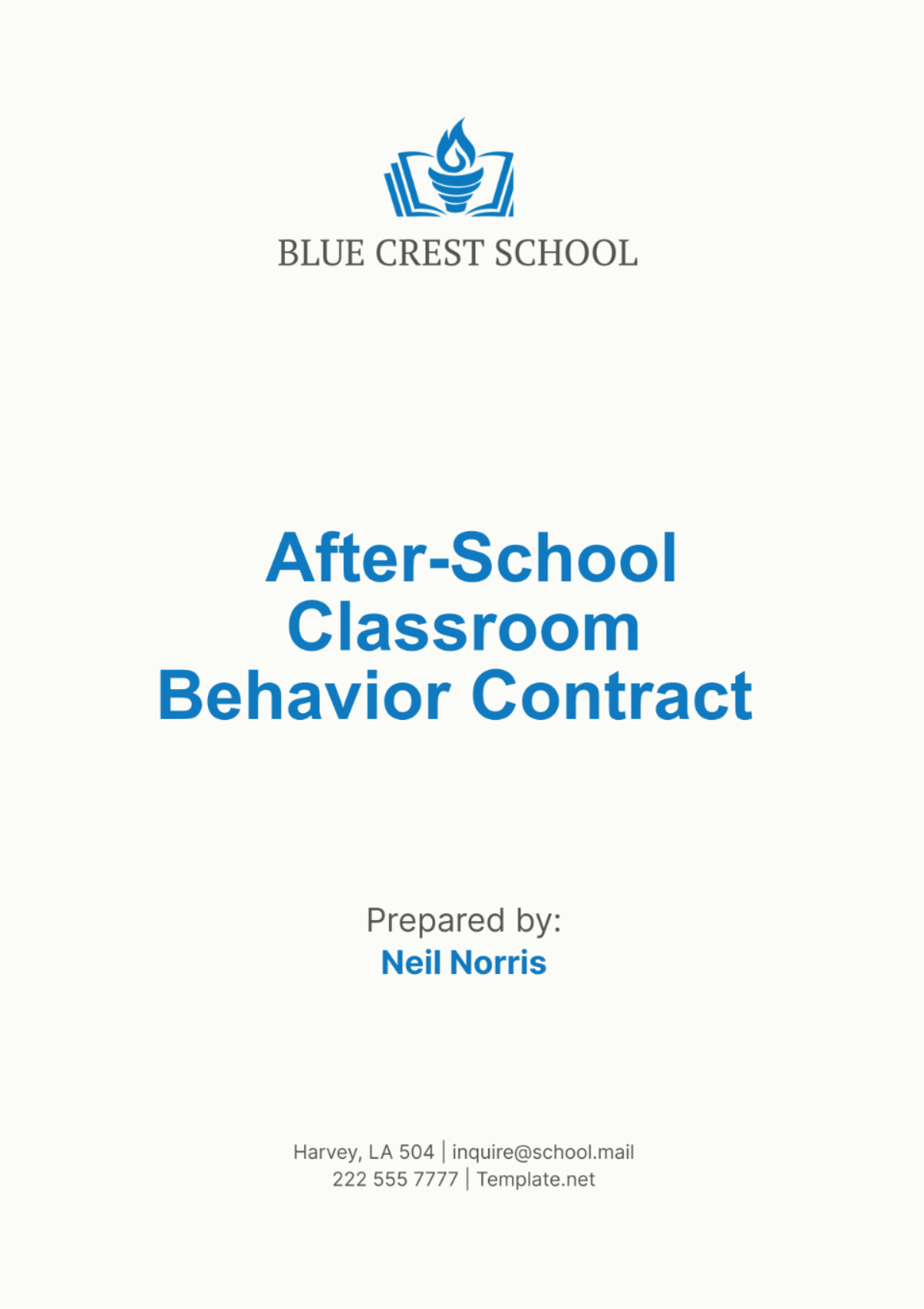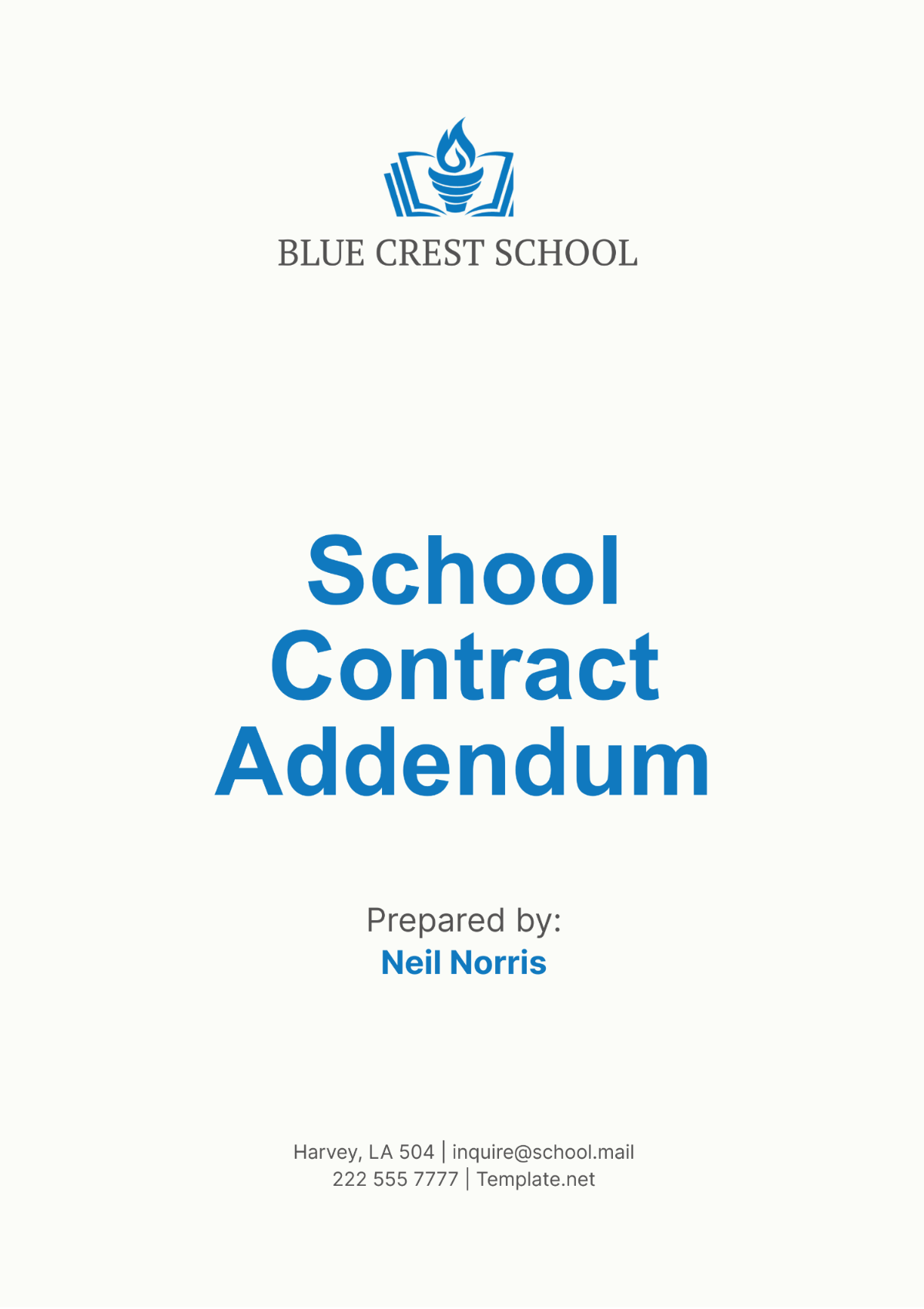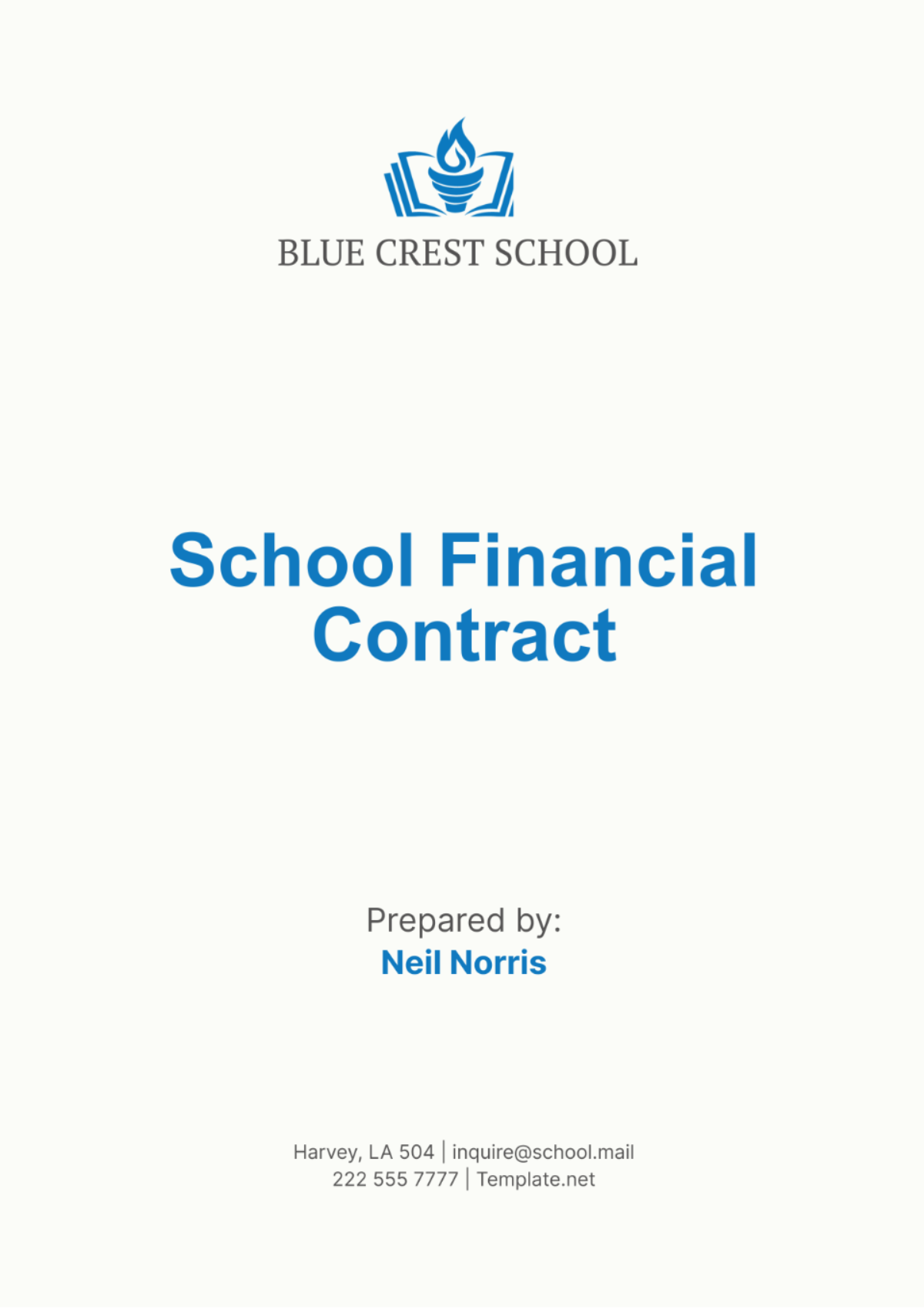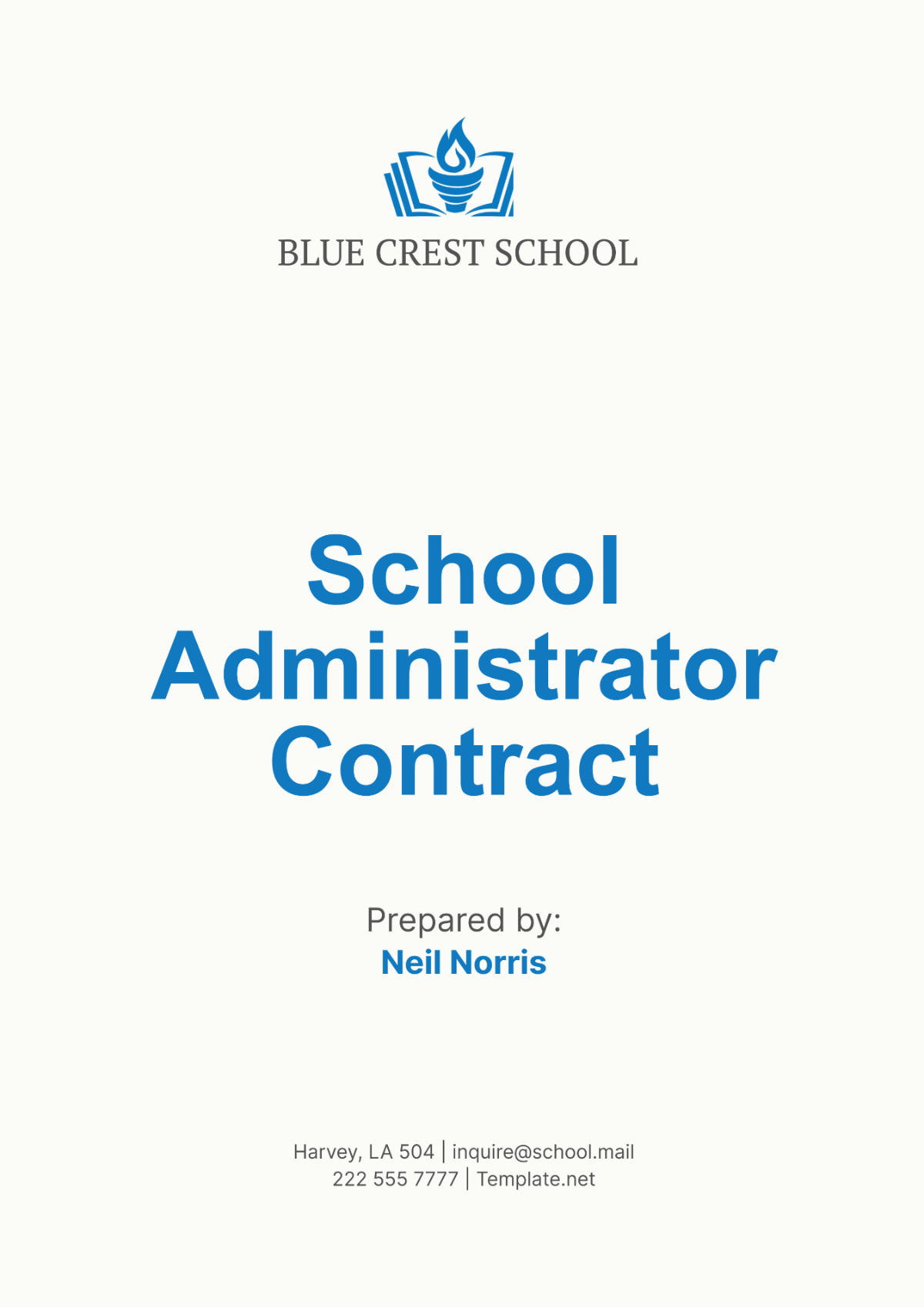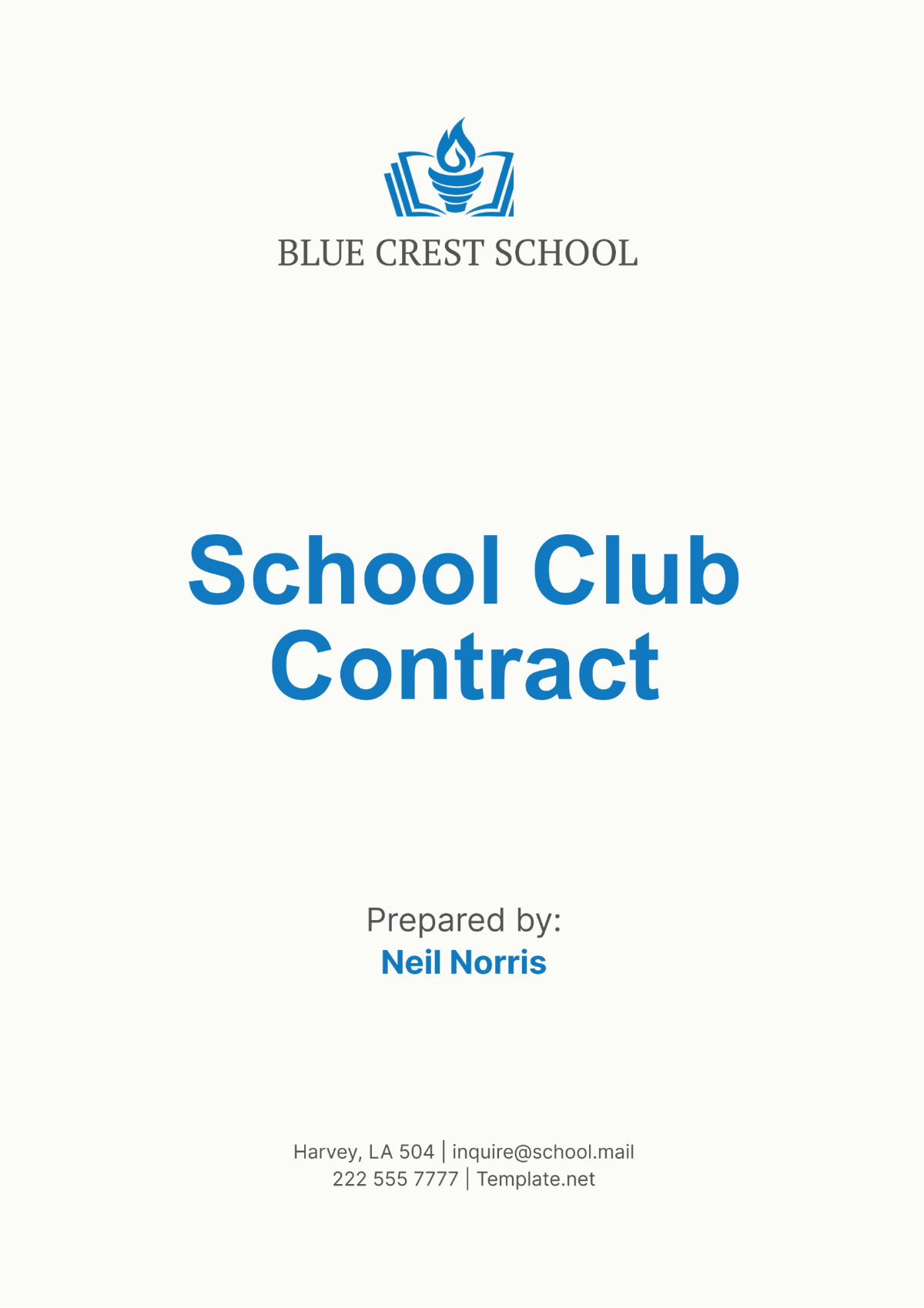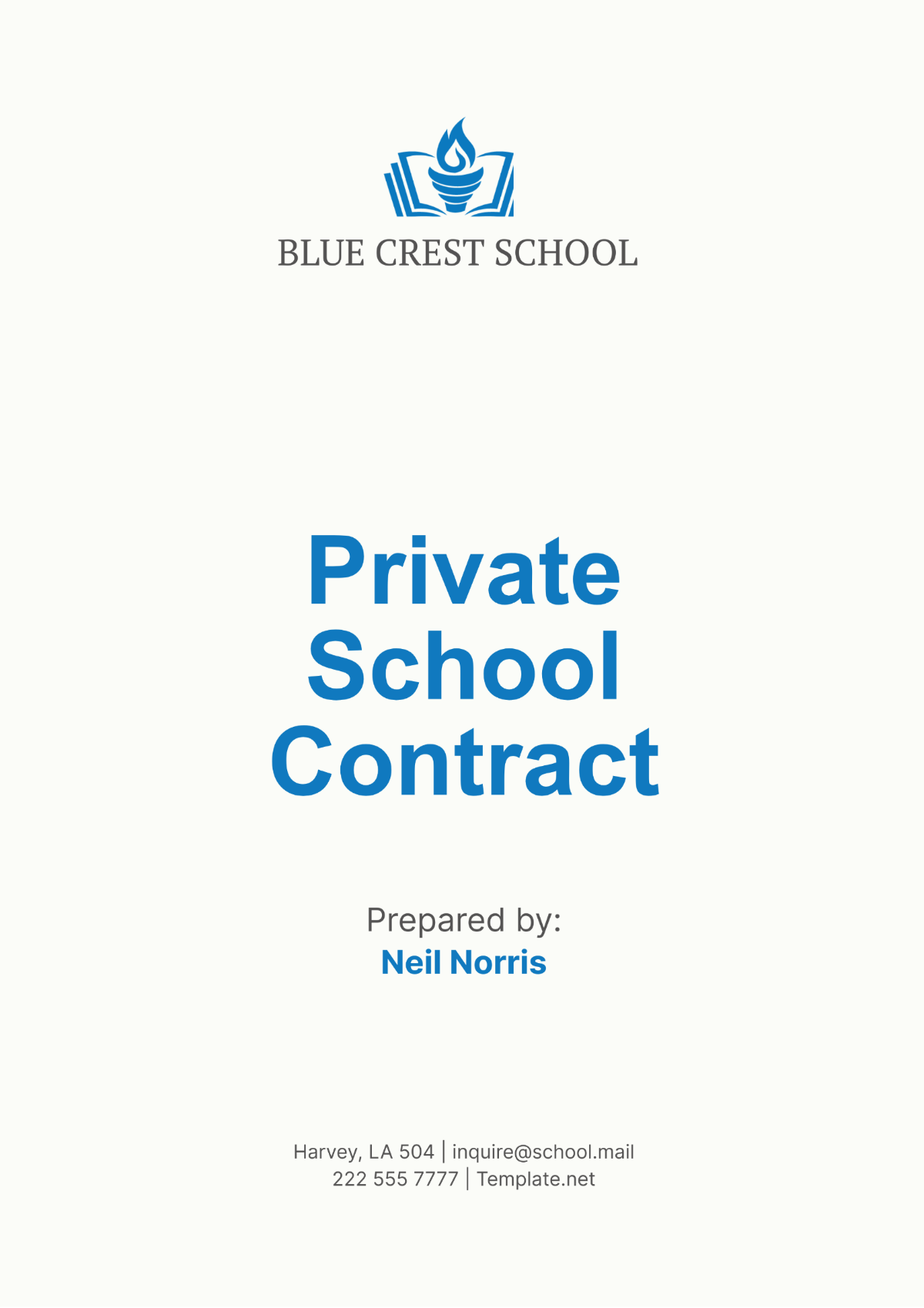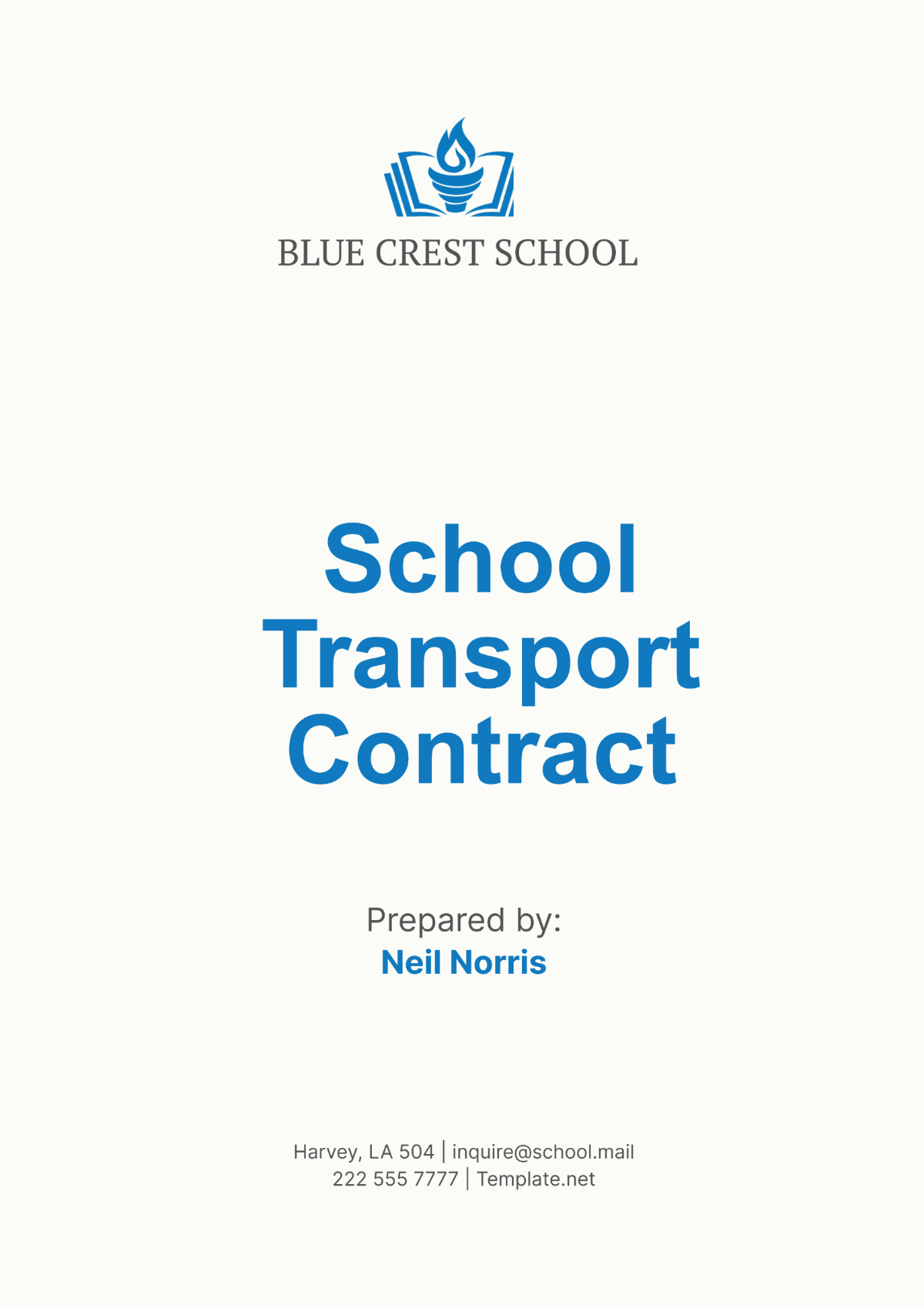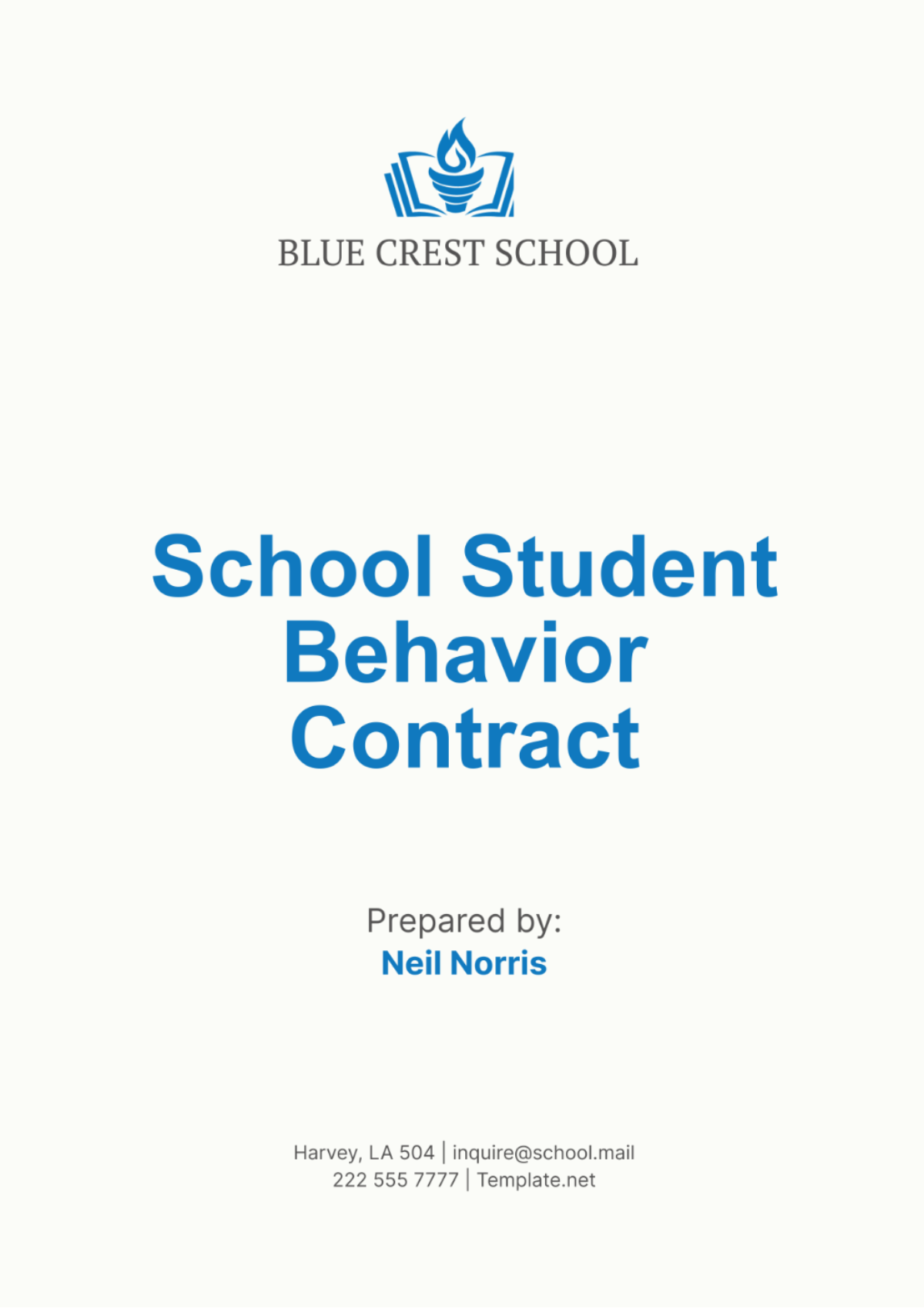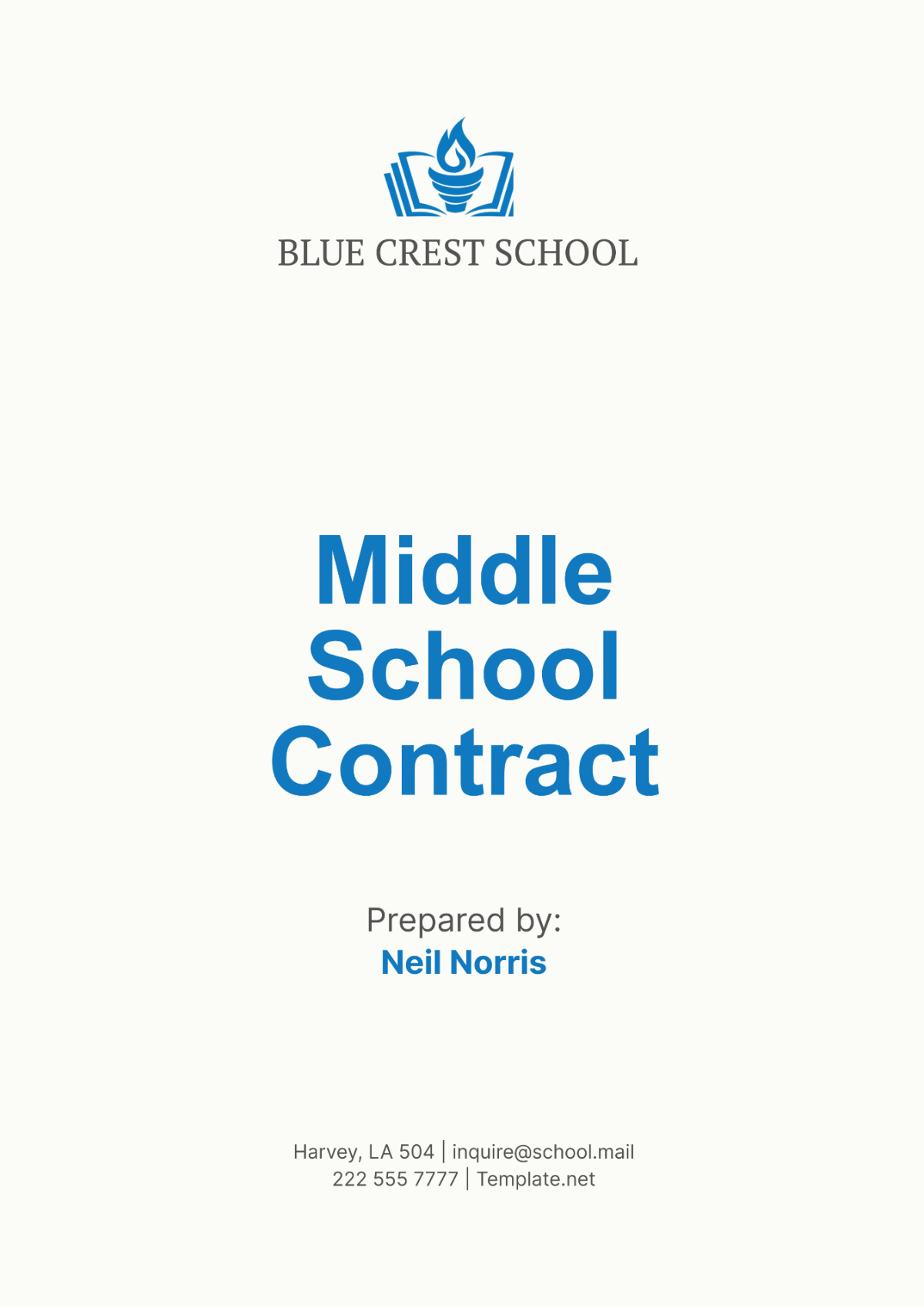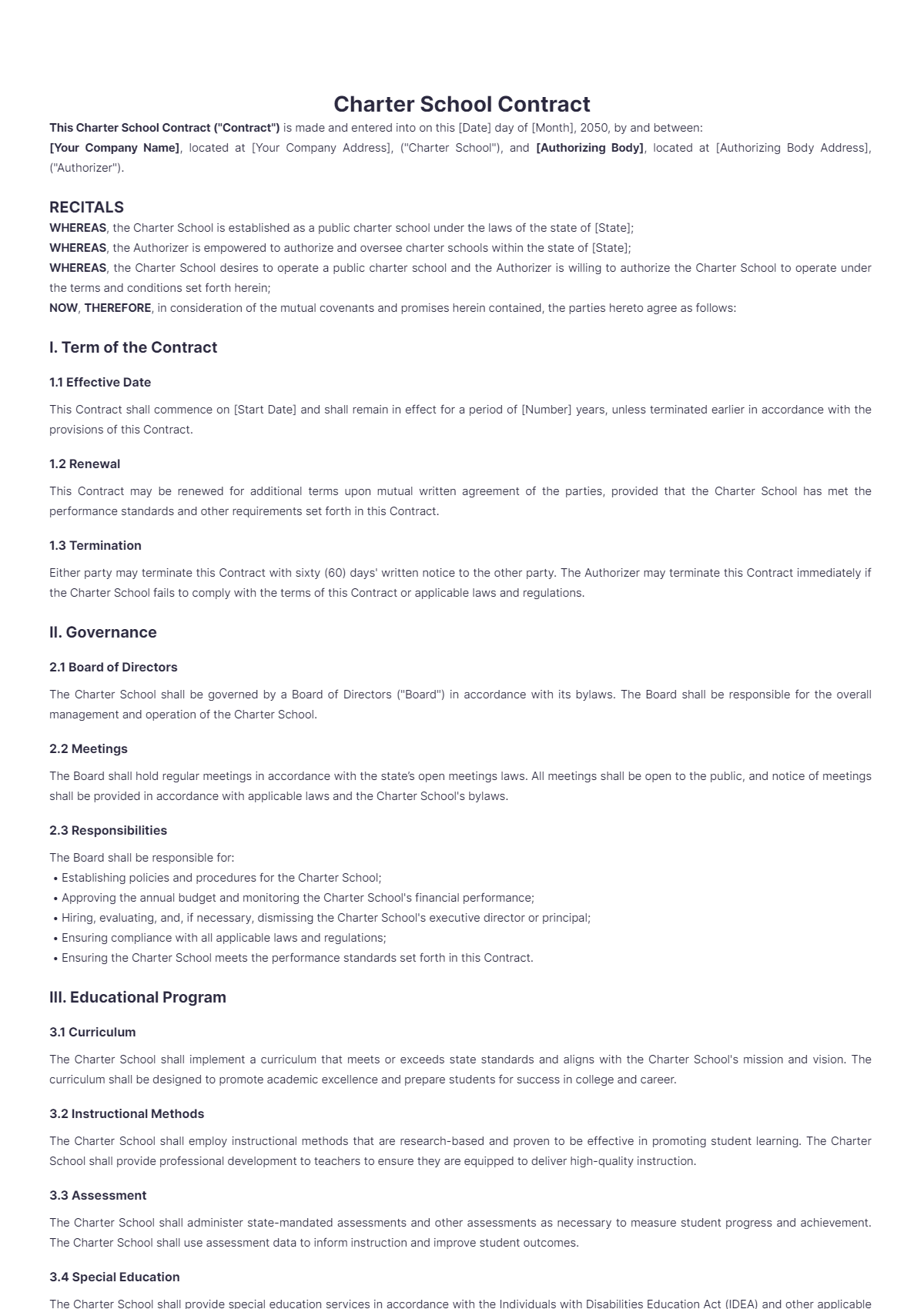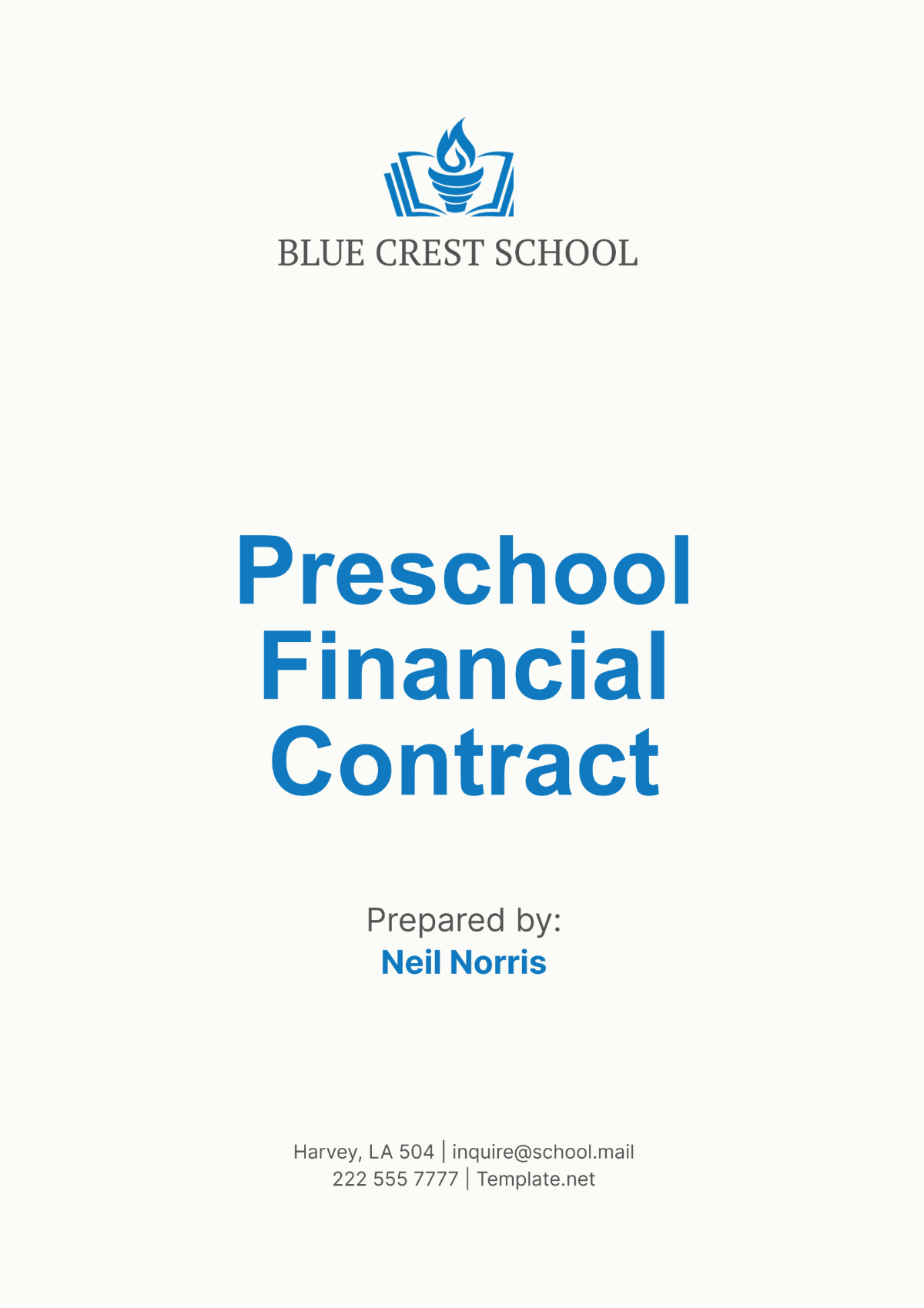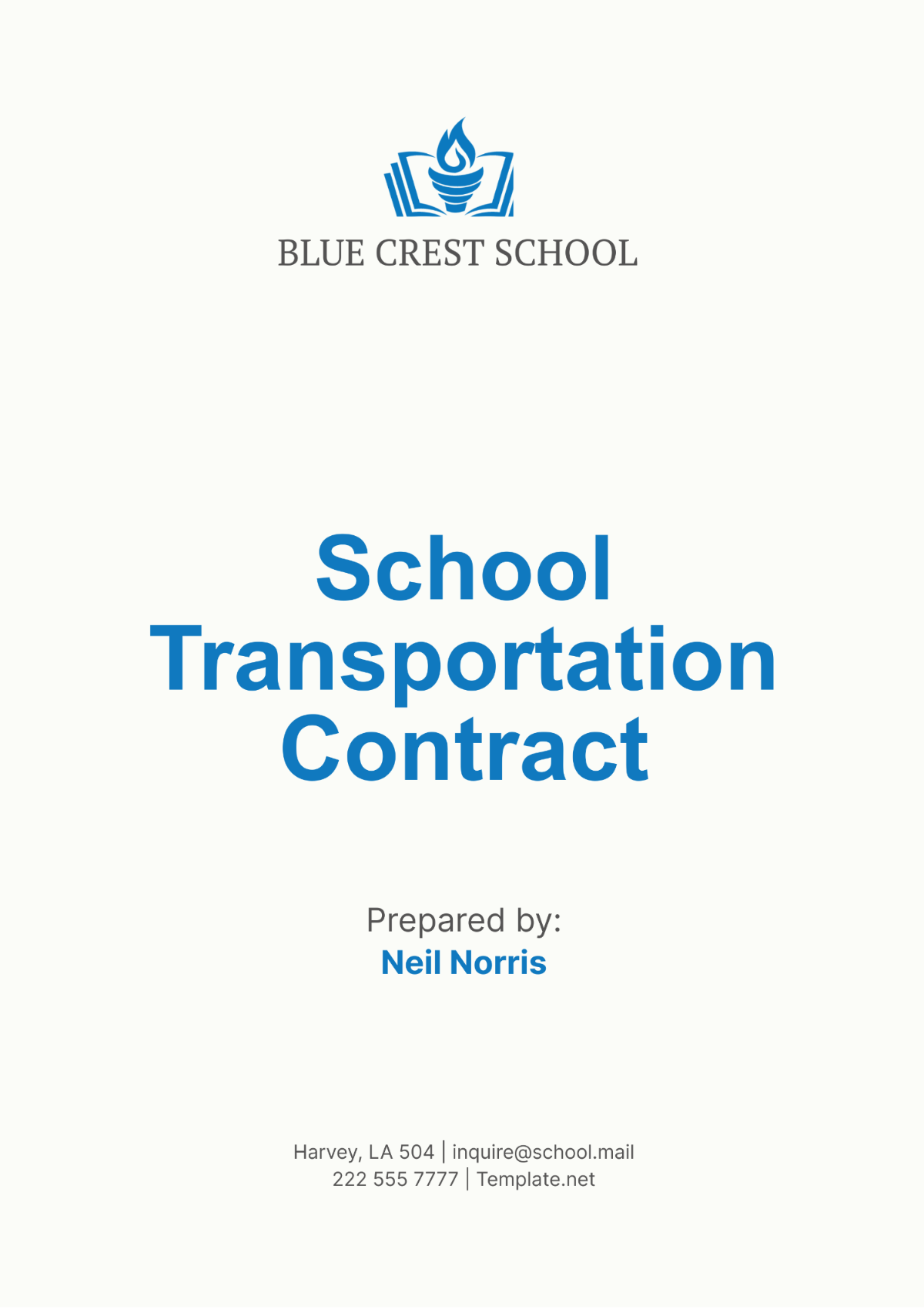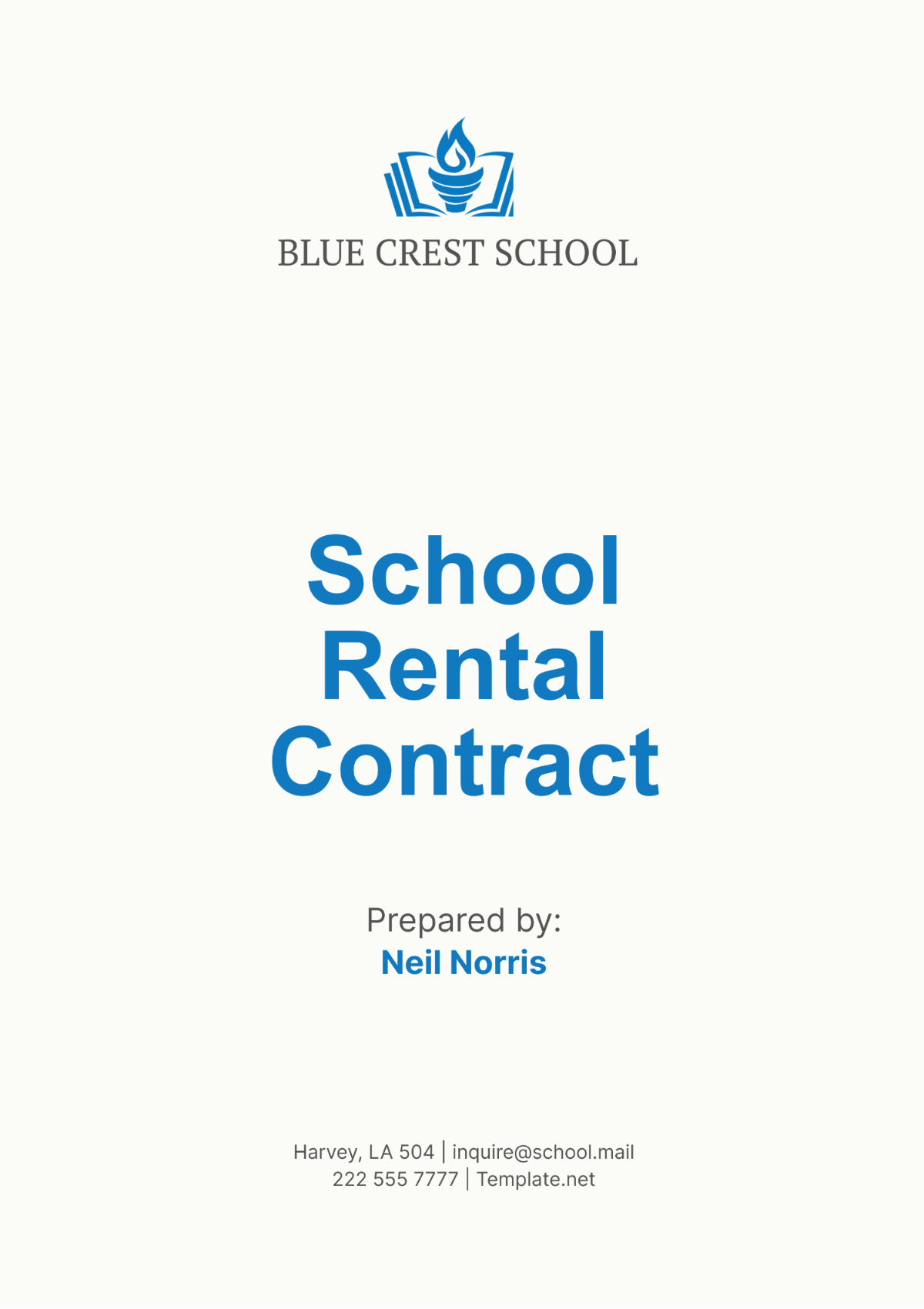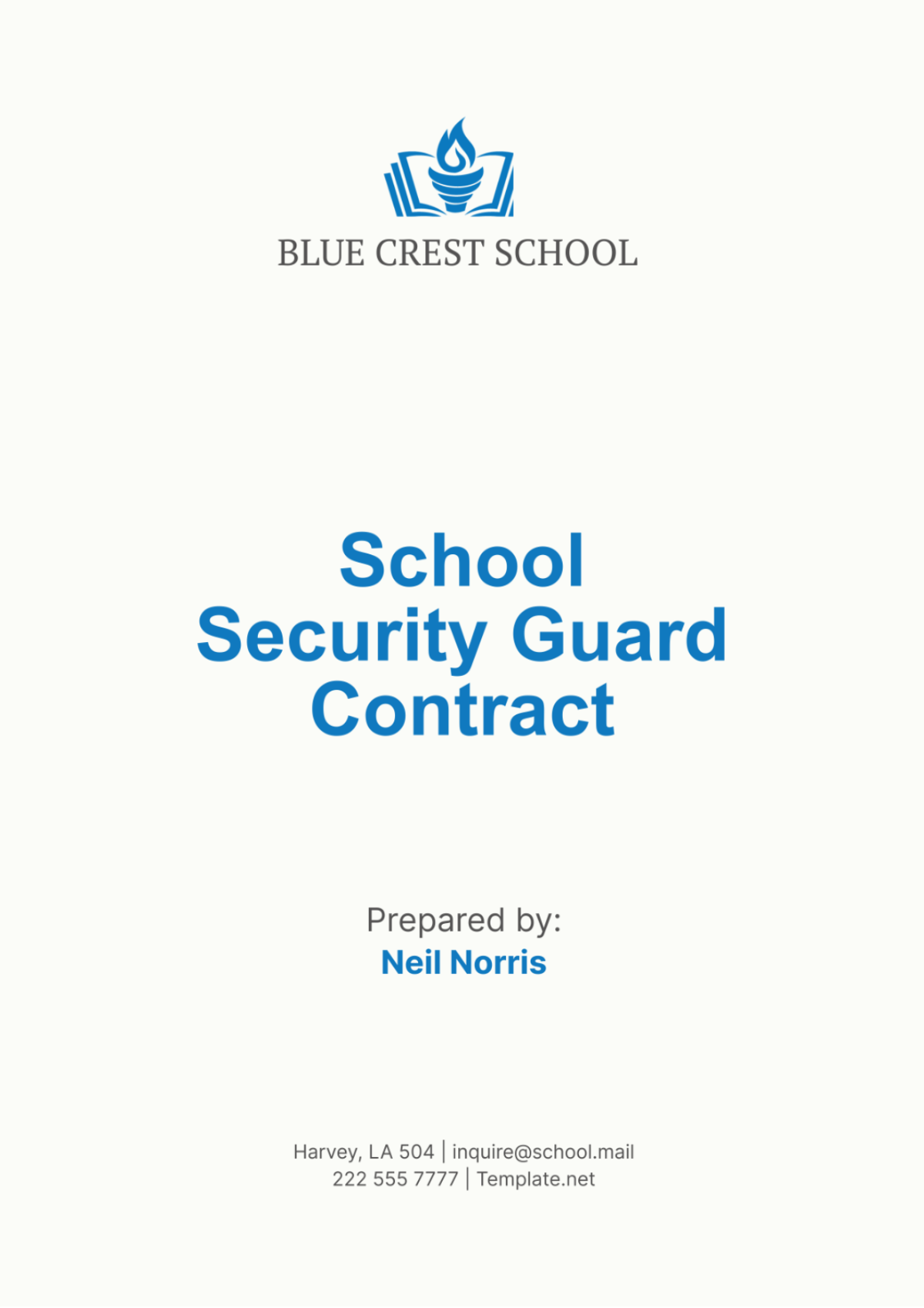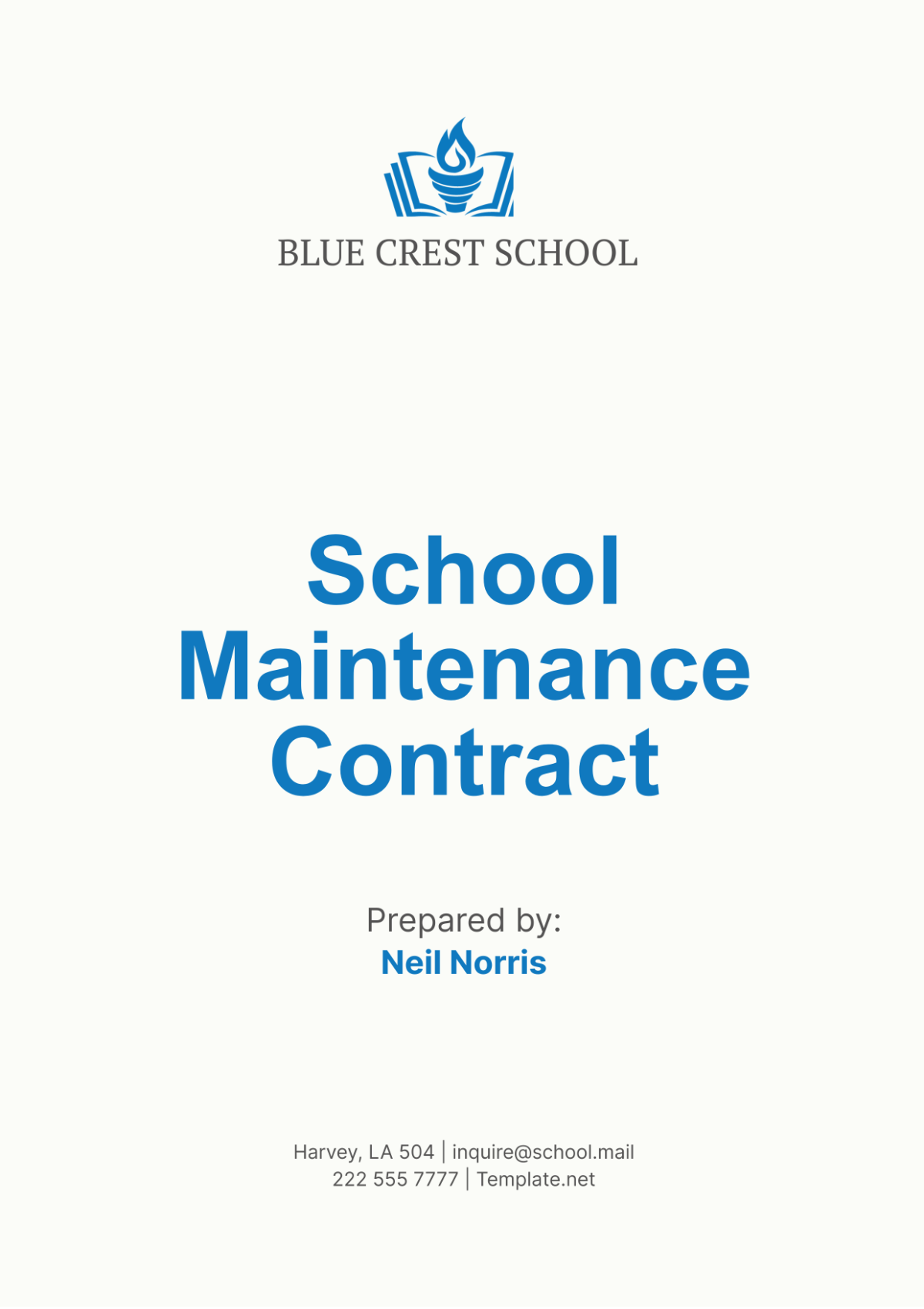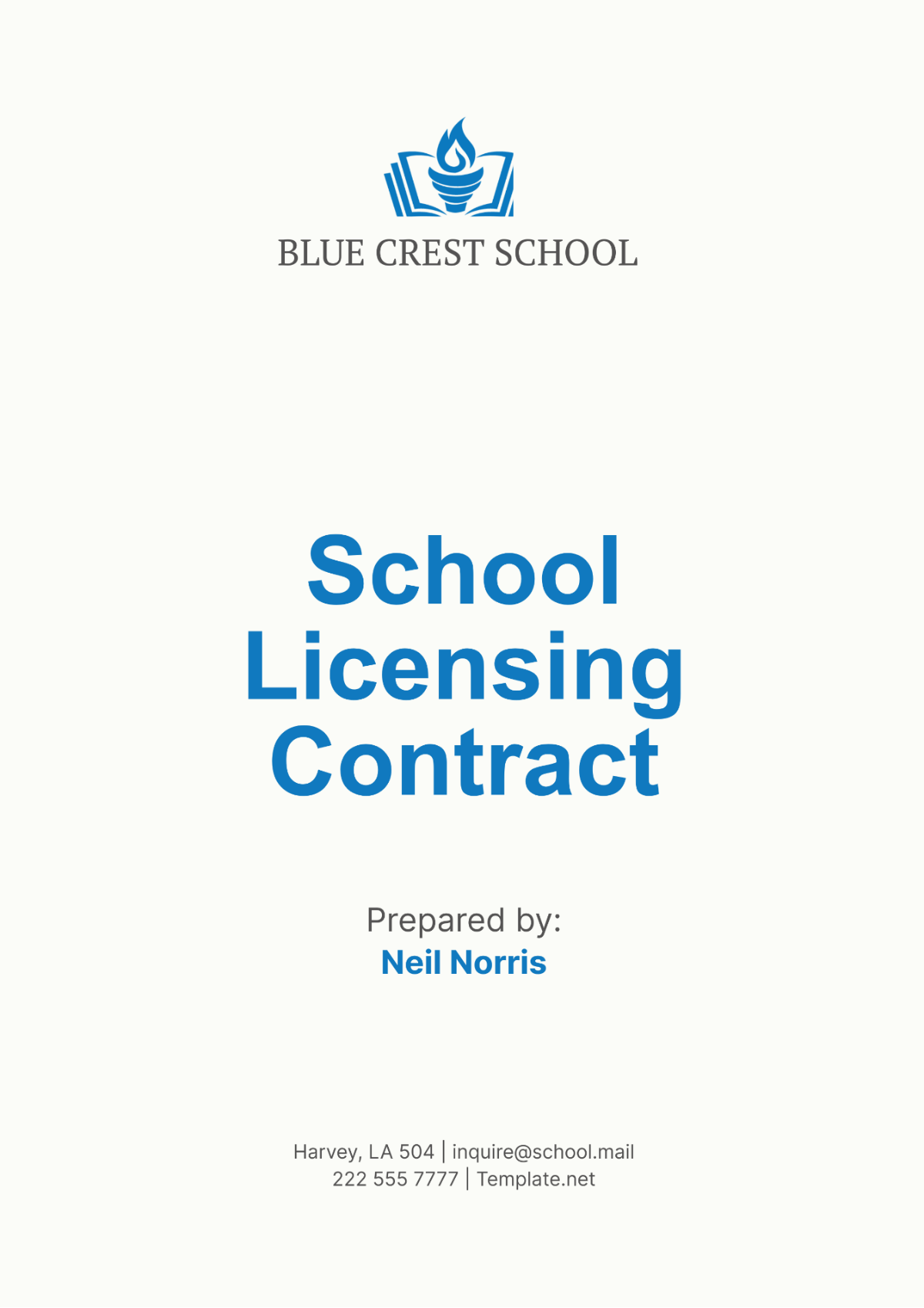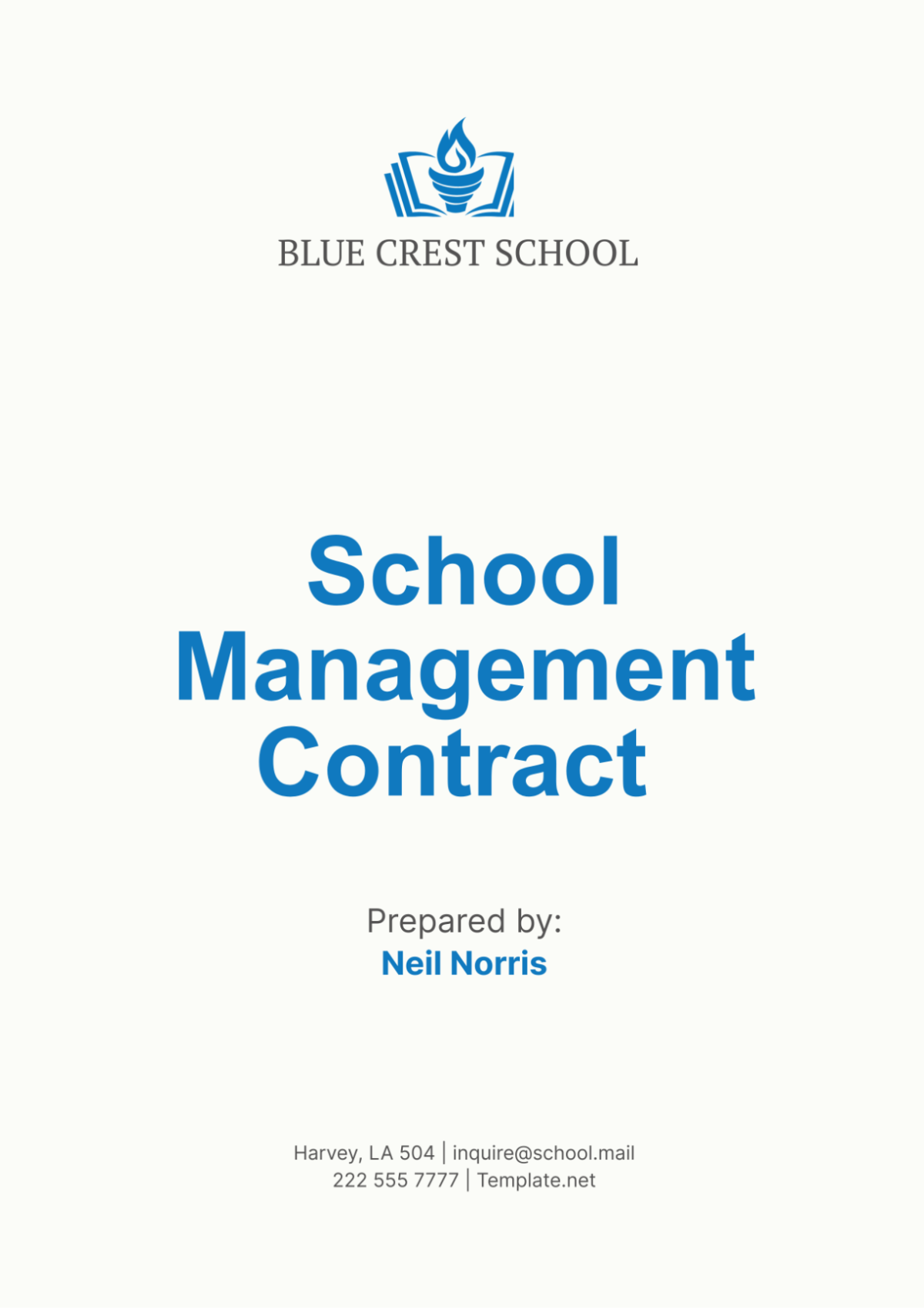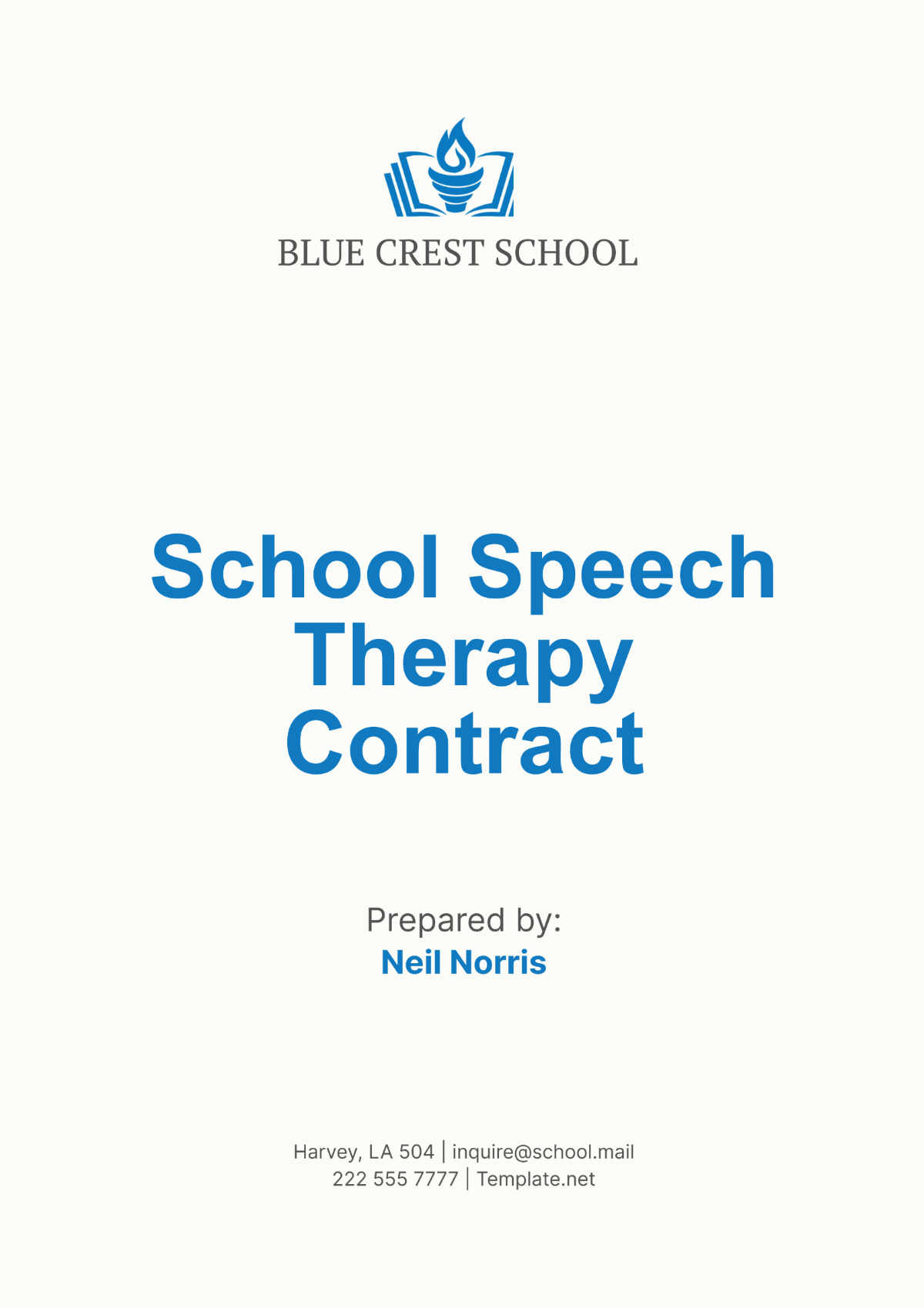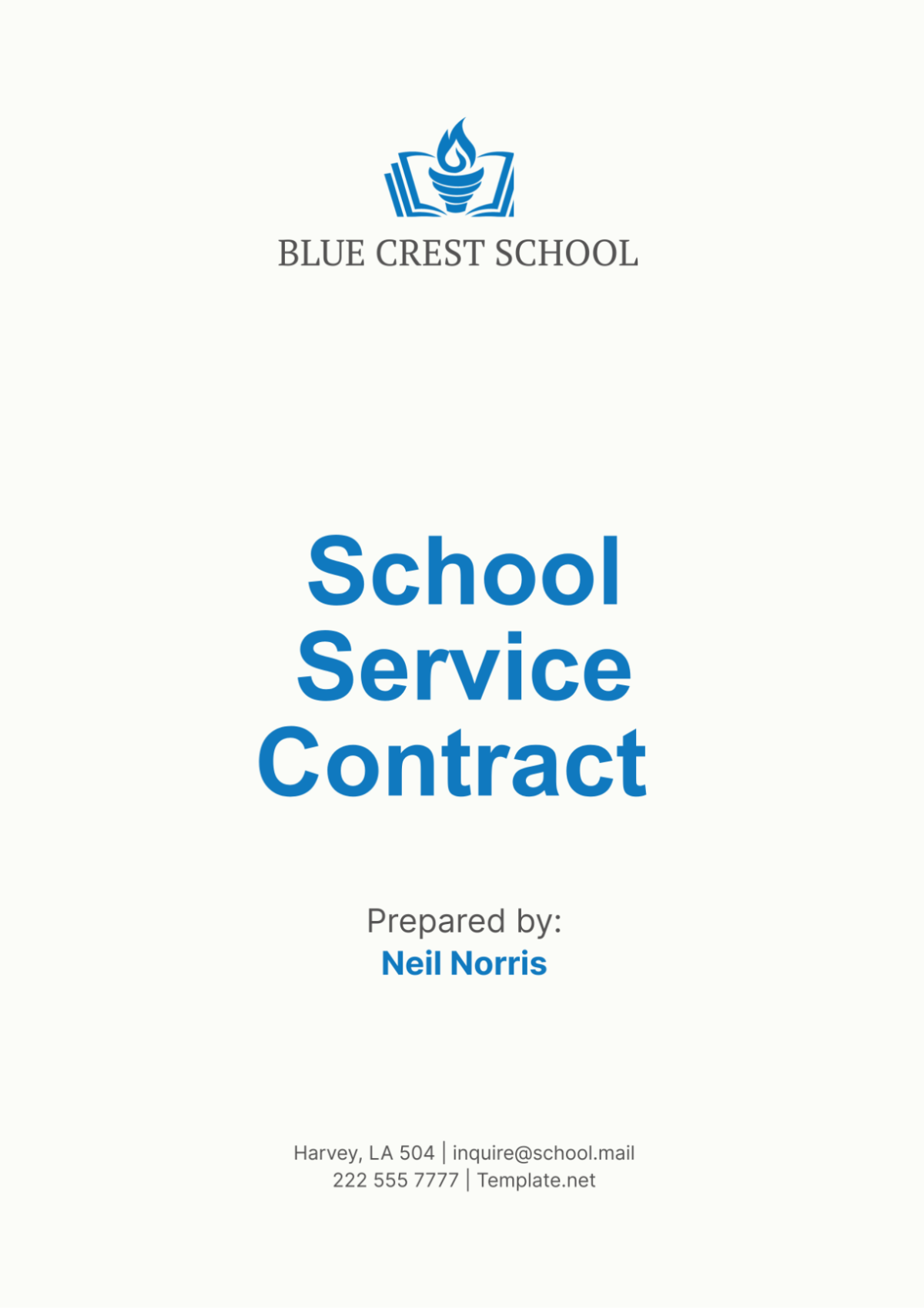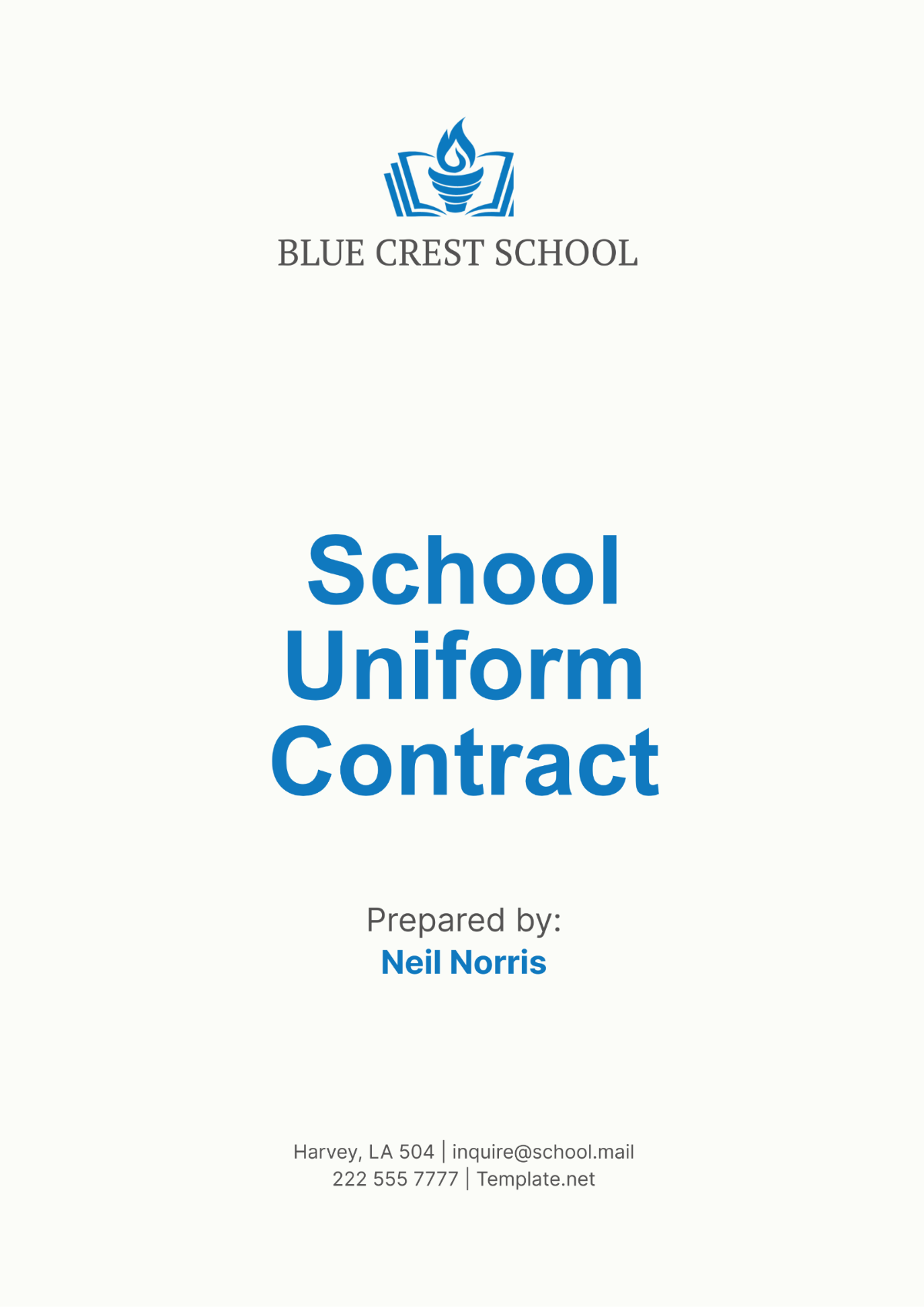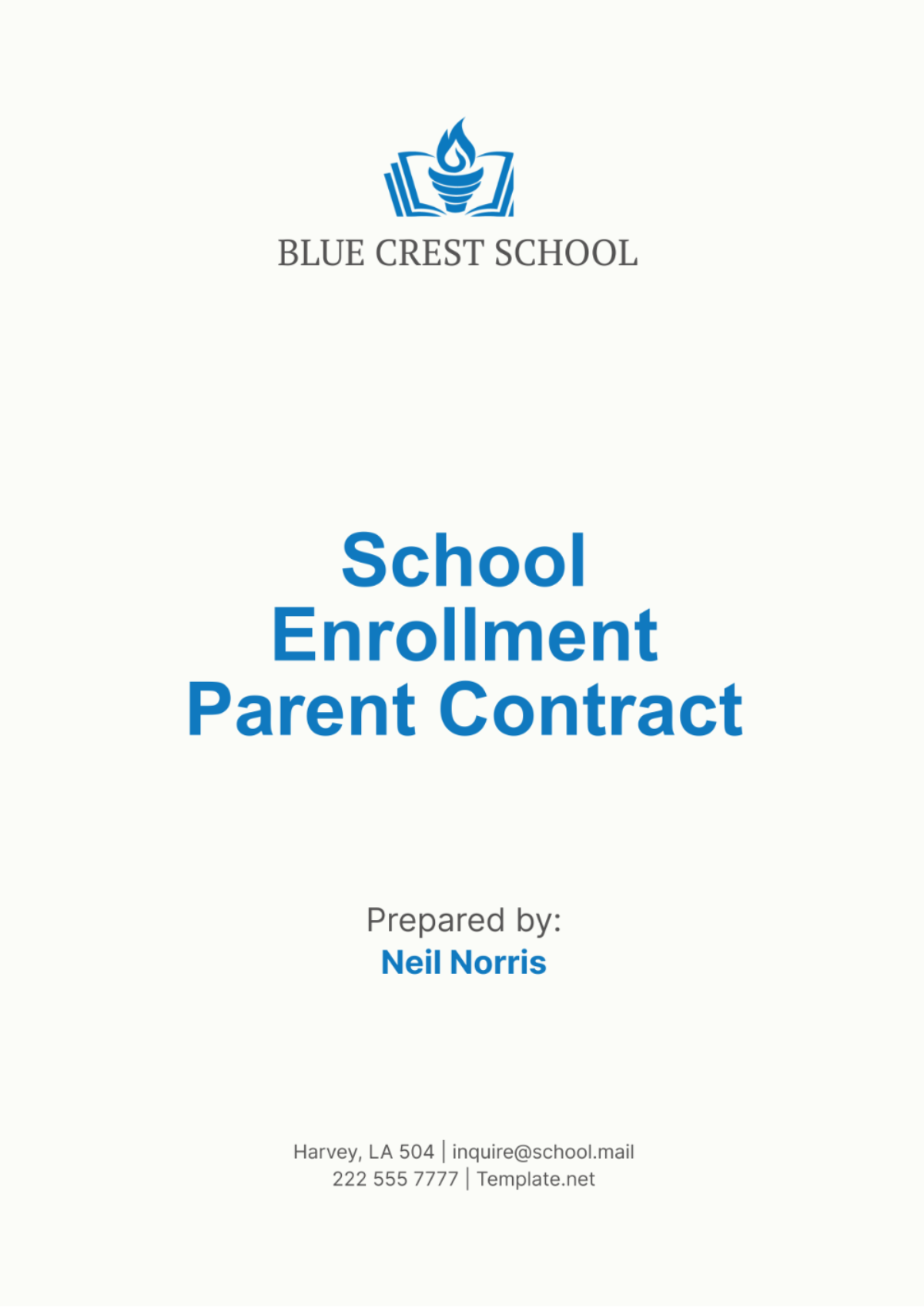School Bus Behavior Contract
I. Introduction
A. Purpose of the Contract
The purpose of the School Bus Behavior Contract is to meticulously ensure the safety and overall well-being of each and every student who utilizes the school bus services provided by [Your Company Name]. This contract has been thoughtfully crafted to clearly articulate the behavioral expectations that students are required to adhere to while travelling on the school buses.
Additionally, it delineates the specific consequences that will be enforced if these expectations are not met. By setting forth these guidelines and consequences in a transparent manner, the contract aspires to cultivate an environment marked by positivity and mutual respect. This, in turn, aims to create a space where students can engage in a manner that is conducive to learning, even while they are in transit.
B. Importance of Safe and Respectful Bus Behavior
Ensuring that the environment inside the bus remains safe and respectful is absolutely crucial for the physical and emotional well-being of all individuals on board, including the bus driver. When a secure and respectful atmosphere is maintained, it fosters a heightened level of attentiveness among students, minimizes distractions, and significantly enhances the overall safety during the journey to and from school. This not only helps in creating a more pleasant experience for everyone involved but also contributes to the prevention of potential incidents, ensuring that transportation is both smooth and secure.
C. Agreement Significance and Scope
This contract is applicable to every student who utilizes the bus services offered by [Your Company Name] for the duration of the academic year. By affixing their signatures to this agreement, both students and their parents or guardians formally recognize and agree to their obligation to comply with all the rules and guidelines detailed within this document. This compliance is essential to maintain uniformity and responsibility across all bus routes.
II. Behavior Expectations
A. General Behavior Guidelines
It is anticipated that students will maintain their seated positions for the entire duration of the bus ride, unless they receive explicit instructions from the bus driver to do otherwise, a directive which would be given solely for the purposes of ensuring their safety.
Speaking in a quieter, more subdued tone while inside the bus helps to sustain a respectful and considerate atmosphere. Additionally, it enables the bus driver to concentrate fully on operating the vehicle safely, thereby ensuring the well-being of all passengers.
When individuals make a conscious effort to respect the personal space and belongings of others, it contributes significantly to creating a sense of community among all passengers. This considerate behavior not only fosters mutual respect and understanding but also plays a crucial role in ensuring that everyone on board experiences a comfortable and pleasant journey.
Behaviors that are deemed prohibited, including but not limited to bullying, teasing, vandalism, or any form of harassment, are expressly forbidden in order to maintain and uphold a positive and respectful atmosphere.
B. Specific Rules for Bus Safety
In order to guarantee an orderly process of both getting on and off the bus, it is imperative that students adhere to specific instructions provided by the bus driver regarding the procedures for loading and unloading. These instructions are designed to manage the flow of students in a safe and systematic manner, ensuring that embarkation and disembarkation are carried out smoothly and without incident.
Having a thorough understanding of where emergency exits are located and strictly following established emergency procedures are absolutely essential for ensuring that responses to unexpected situations are both prompt and safe.
In the event that seat belts are made available, it is mandatory for students to securely fasten and wear them correctly for the entire duration of the journey. This requirement is put in place to significantly improve personal safety and to ensure adherence to applicable rules and regulations.
III. Consequences for Misbehavior
A. Progressive Discipline Approach
For minor infractions, a verbal warning will be issued in order to remind students of the expected behavior and to provide them with an opportunity to correct their actions. This warning serves as a gentle reminder of the standards that have been set and allows students to make necessary adjustments to their conduct before more severe consequences are considered.
In cases of repeated or more severe misbehavior, written warnings will be issued and systematically documented. This documentation will then prompt a thorough discussion with the student about their behavior. If the situation warrants it, there will also be potential involvement of the student's parents or guardians to address and rectify the issue.
Temporary loss of bus privileges may occur if behavior persists, requiring parents/guardians to arrange alternative transportation until reinstatement is granted.
A parent meeting with school administration may be scheduled to address significant or recurring issues, ensuring a collaborative approach to behavioral improvement.
Referral to the principal for further action may result from severe infractions or disregard for safety protocols, involving additional disciplinary measures aligned with school policies.
B. Serious Violations and Immediate Consequences
Engaging in activities that compromise safety, such as tampering with emergency equipment or creating distractions for the bus driver, will lead to an instant and outright suspension from utilizing bus services.
Engaging in physical altercations while on the bus is regarded as a serious violation of school policies. Students who participate in such actions will face immediate suspension from the school. In addition to the suspension, further disciplinary measures will be enforced to address the severity of this behavior.
The possession of any weapons or items considered dangerous represents significant threats to the safety and well-being of all passengers and the bus driver. Consequently, any individual found in possession of such items will face immediate suspension of their privileges to use the bus services. Furthermore, should the situation require it, law enforcement authorities will be involved to address and mitigate the potential risks associated with these prohibited items.
IV. Responsibilities
A. Responsibilities of Students
Students bear full responsibility for their actions while riding the bus and are required to follow the specific behavior guidelines that have been outlined within this contract.
It is of utmost importance that students exhibit respect for the authority held by the bus driver, as this respect plays a critical role in ensuring a safe and orderly journey. Students are anticipated to adhere to, and promptly follow, any instructions or directives provided by the bus driver. Such compliance is essential to maintain not only the safety of everyone on board but also the overall orderliness of the trip.
Therefore, the cooperation of each student in following these guidelines cannot be overstated, as it significantly contributes to a smooth and secure transit experience for all passengers.
Promptly reporting any incidents of misbehavior to either the bus driver or the school administration contributes significantly to a collaborative effort aimed at maintaining a safe and respectful environment on the bus. This action ensures that any disturbances or inappropriate behaviors are addressed quickly and effectively, fostering a sense of security and mutual respect among all bus passengers. By doing so, students, drivers, and administrators work together to promote a positive and well-disciplined atmosphere during bus rides.
B. Responsibilities of Parents/Guardians
By taking the time to thoroughly review and engage in a detailed discussion about the School Bus Behavior Contract with their child, parents or guardians actively ensure that there is a shared understanding between both parties. This process helps in fostering a clear comprehension of the behavioral expectations set forth, thereby promoting a greater likelihood of adherence and compliance with those established guidelines.
Emphasizing and consistently encouraging the expected behavior within the home environment serves to reinforce the significance of maintaining respect and ensuring safety during the commute to and from school.
Engaging in collaboration with [Your Company Name] as well as school officials to address behavioral concerns or incidents involving their child significantly contributes to establishing a supportive and effective resolution process for all parties involved. This cooperative approach ensures that everyone, including the child, parents, educators, and company representatives, work together harmoniously to understand the issues at hand and find constructive solutions that benefit the child's well-being and academic progress.
Through open communication and shared responsibility, this collaborative effort fosters an environment conducive to positive outcomes, making it easier to manage and resolve behavioral challenges in a manner that is empathetic, comprehensive, and productive for everyone.
V. Support and Communication
A. Support for Positive Behavior
Students who consistently demonstrate exemplary behavior on the bus will be acknowledged through a variety of incentives, such as certificates of recognition, public commendations during school assemblies, or privileges like preferred seating.
Positive behavior reinforcement strategies will include ongoing encouragement from bus drivers and periodic reviews of behavior data to identify and celebrate improvements among students.
Peer recognition programs may be implemented to encourage students to positively influence each other's behavior on the bus, fostering a sense of collective responsibility and camaraderie.
Regular feedback sessions between bus drivers and students will be conducted to discuss positive behavior trends, address challenges, and reinforce the importance of respectful conduct.
[Your Company Name] will collaborate with school counselors and psychologists to offer targeted support and interventions for students who may benefit from additional guidance in maintaining positive behavior on the bus.
B. Communication Protocols
Parents/guardians will receive comprehensive contact information for the bus driver and designated school administrators, ensuring they can promptly communicate any concerns or incidents related to bus transportation.
A dedicated hotline or online platform will be established to facilitate efficient reporting and resolution of bus-related issues, providing a direct line of communication between parents/guardians, school personnel, and transportation officials.
Regular updates on bus schedules, route changes, or safety reminders will be communicated through both digital and traditional channels, ensuring all stakeholders remain informed and prepared.
Parents/guardians will be encouraged to attend periodic meetings or workshops focused on bus safety and behavior expectations, fostering collaboration between home and school in supporting students' positive bus conduct.
Incident reports and communication logs will be maintained by the transportation department to track and address reported concerns promptly, ensuring transparency and accountability in handling bus-related matters.
VI. Review and Amendments
A. Annual Review Process
This School Bus Behavior Contract will undergo an annual review by [Your Company Name]'s transportation department and school administration to evaluate its effectiveness in promoting safe and respectful behavior on buses.
Feedback from bus drivers, students, parents/guardians, and school staff will be solicited to identify areas for improvement and ensure the contract remains relevant to evolving student needs and transportation dynamics.
Proposed amendments to the contract will be discussed with stakeholders, including parents/guardians and student representatives, to gather input and consensus on adjustments that may be necessary to enhance clarity or address emerging behavioral trends.
An annual review meeting will be held to present findings and recommendations for contract revisions, ensuring all parties involved have an opportunity to contribute to the continuous improvement of bus behavior management strategies.
Updated versions of the contract will be distributed to all stakeholders prior to the start of each academic year, accompanied by comprehensive explanations of revisions and expectations for adherence.
VII. Signatures
A. Student Acknowledgment and Agreement
I acknowledge that I have thoroughly read, reviewed, and comprehended the School Bus Behavior Contract. Furthermore, I fully agree to comply with and abide by all the behavior expectations and consequences that are specified within this document. My adherence to these guidelines is in the interest of promoting and maintaining a safe and respectful environment aboard the school bus.

[Name]
[Date]
B. Parent/Guardian Agreement
I have thoroughly reviewed the School Bus Behavior Contract together with my child. I fully endorse the expectations that are outlined within this contract and will actively reinforce these principles in our home environment to encourage and promote responsible behavior.

[Name]
[Date]
C. Bus Driver or Transportation Official Acknowledgment
I fully recognize and accept my responsibility in upholding and ensuring the enforcement of the School Bus Behavior Contract, as well as in fostering and promoting a respectful and positive environment on the school bus. I am committed to providing support and guidance to students in consistently meeting and adhering to the established behavior expectations, which have been designed with their safety and well-being in mind.

[Name]
[Date]

